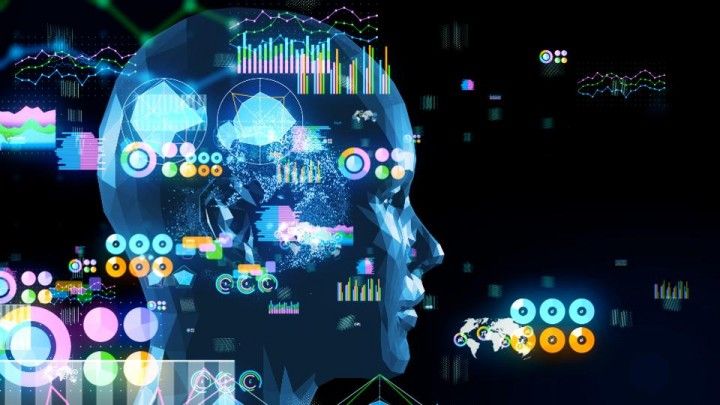With a deadly virus ravaging the world as we know, it is high time to upgrade our existing infrastructures in order to fight back. The major economies all over the world are experiencing a phenomenal downtime and the effects are visible on the daily livelihood of human beings. Businesses and commercial sectors are constantly self-upgrading with the help of analytics. As a result, today’s organizations are enjoying better diagnostic capability for detecting internal flaws and constantly revamping the existing paradigms for external affairs.
The healthcare industry is no exception in that regard. When it comes to saving the lives of fellow human beings no stone must not be left unturned. Due to the involvement of human lives, ethical limitations prevented the blessings of analytics from reaching the healthcare industry. The questions of privacy and data security are still very much on the horizon. But the sudden outbreak of covid19 forced a detour on the existing paradigms of health services and implementation of healthcare analytics became inevitable. This article will try to elaborate on how healthcare analytics is revolutionizing the usual patient experience.
Smart monitoring
Phenomena like ischemia and heart attacks can not be taken care of in a fast and responsive manner most of the time. Hence, doctors tend to design the treatment for effective prevention. But the system lacks the features of real-time monitoring. With real-time and remote monitoring abilities it is poised to become the sudden attacks of disabilities.
As a result, smart wearable devices are increasingly becoming popular. Due to the emergence of smart devices, doctors now can monitor their patients directly and can warn them of any inconveniences. With the first sign of trouble, it is possible now to prevent an inevitable loss of life.
Electronic health records
Before the era of the internet, keeping records was a tedious process altogether. Let alone making sense of the data into something substantial. Now that we have the means to store and analyze data efficiently it is high time we utilize it in order to make the average healthcare experience better. Electronic cloud-based health records are easy to access and share with relevant parties. Given, the ethical parameters remain intact. due to the epic availability, it is easier than ever to access the records and make efficient predictions.
Diagnostics and instrument management
The diagnostic database of a hospital or health care facility is arguably the best asset when it comes to making predictions at an individual level. Keeping a good and accessible database is the first paving stone when it comes to making automated diagnosis. Due to the massive progress in the field of medical instrumentation, it is possible to utilize and extrapolate data for the benefit of patients.
Storage is becoming cheaper by the day and with proper analytics skills, it is very much possible to make sense of it and train machine learning models for efficient diagnosis. For effective training of machine learning models, a substantial amount of data is essential for reducing errors. And when it comes to preserving human lives. The abundance of data can be utilized in many other ways with effective analytics skills.
Bottom-line
The healthcare industry is growing at a rapid pace, and the growing industry faced the biggest challenge after the outbreak of COVID19. The pandemic was indeed paralyzing, but the lessons it taught were of significant essence. After the pandemic management proved to be a humanitarian disaster the healthcare industry leaned towards analytics for becoming more efficient.
Healthcare analytics is a form of data analytics which deals with healthcare data. Though the revolution was kickstarted by the pandemic, the gains from this endeavour will benefit patients of all genres for multiple generations. The massive amount of data grants the factor of predictability and ease of diagnosis by machine learning tools. There is very little room for error when it comes to diagnosis as the performance of healthcare systems is directly related to the wellbeing of patients.
Perhaps the time is most ideal at the moment for enrolling in analytics courses and opt for serving as a health worker. Though after completion of the course, a significant amount of training is essential before joining a dedicated healthcare institute. The sheer importance of the role of a healthcare analyst allows little room for mistakes and errors. Thus, it is recommended to look for ideal training opportunities. Which due to the ravaging pandemic can be found in abundance.





